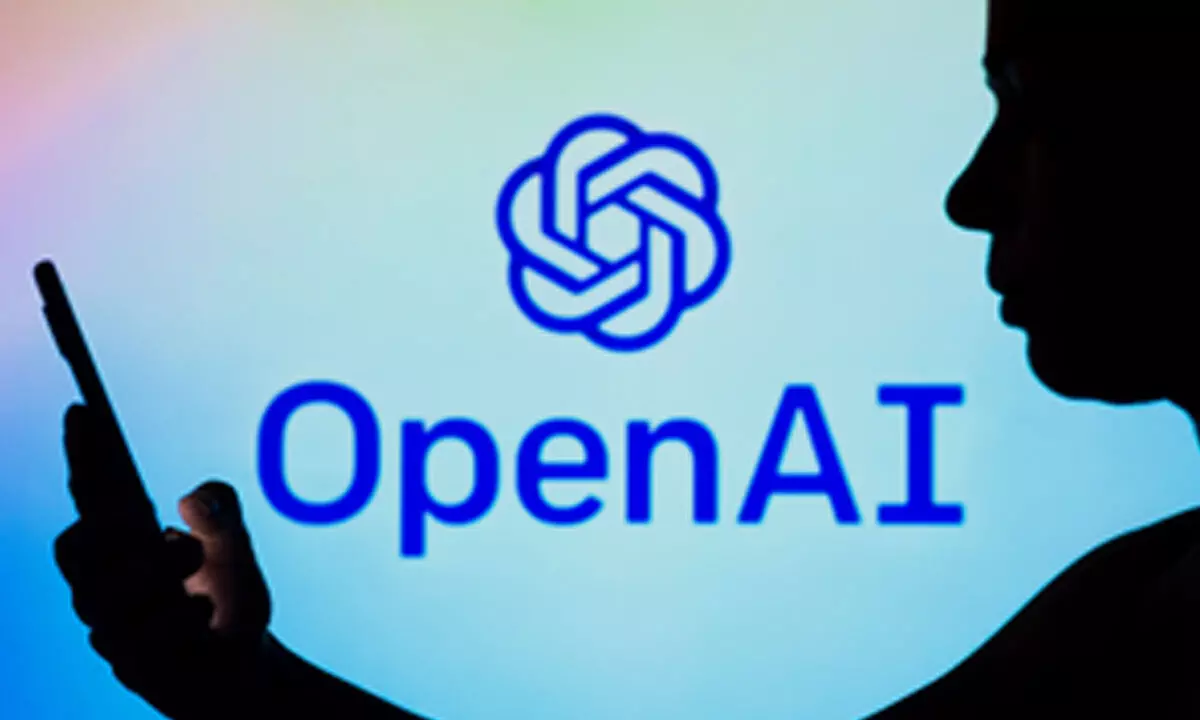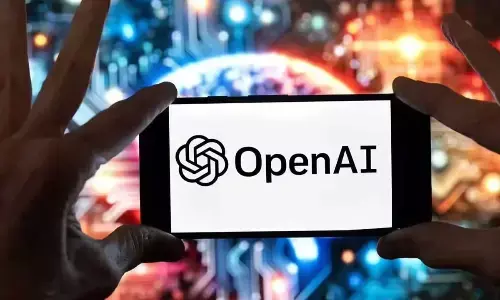OpenAI Appoints Ex-NSA Director and Retd US Army General to Board

OpenAI has appointed former NSA director and retired US Army general Paul M. Nakasone to its Board of Directors, emphasizing its commitment to safety and security.
OpenAI has announced a significant addition to its Board of Directors with the appointment of Paul M. Nakasone, former director of the National Security Agency (NSA) and retired US Army general. Recognized as a leading expert in cybersecurity, Nakasone's appointment underscores OpenAI's dedication to the safety and security of its users and platform as the influence of AI technology continues to expand.
Nakasone will also serve on the Board's newly established Safety and Security Committee. This committee advises the full Board on crucial safety and security decisions across all OpenAI projects and operations, ensuring that AI developments are conducted with the highest security standards.
General Nakasone shared his view on joining the Board, saying, "OpenAI's dedication to its mission aligns closely with my own values and experience in public service. I look forward to contributing to OpenAI's efforts to ensure artificial general intelligence is safe and beneficial to people around the world."
On the appointment of Nakasone, Bret Taylor, chair of OpenAI's Board, says, "Artificial Intelligence has the potential to have a huge positive impact on people's lives, but it can only meet this potential if these innovations are securely built and deployed."
He added, "General Nakasone's unparalleled experience in areas like cybersecurity will help guide OpenAI in achieving its mission of ensuring artificial general intelligence benefits all of humanity,"
Addressing Security Concerns in AI Development
The rapid integration of AI into various sectors has brought transformative changes, but it has also introduced significant security threats. By appointing Nakasone, OpenAI aims to strengthen its security measures and reassure stakeholders of its commitment to safe AI development. Bret Taylor, chair of OpenAI's Board, has emphasized the importance of this move in aligning the company's operations with top-tier security protocols.
However, this decision has not been without controversy. Some former high-ranking OpenAI employees, including Jan Leike, who led the company's long-term safety initiative known as "super alignment," have criticized the company for prioritizing speed over safety. These concerns highlight the ongoing debate within the AI community about balancing innovation with robust safety measures.
A Strategic Move for Enhanced Safety
Nakasone's extensive experience in cybersecurity is expected to play a crucial role in guiding OpenAI's future safety strategies. His expertise will be instrumental in navigating the complex security landscape associated with AI advancements. This appointment is part of OpenAI's broader effort to convince consumers and stakeholders that it is taking substantial steps to create a secure and reliable AI environment.
This strategic appointment follows a significant leadership change earlier this year. OpenAI's CEO, Sam Altman, rejoined the company in March 2024 after a brief departure due to conflicts with the Board. The Board's subsequent resignation and Altman's return signal a period of renewed focus and leadership stability for the company.
OpenAI's Collaboration with Apple
In addition to enhancing its Board, OpenAI has recently announced a collaboration with Apple. The upcoming iOS 18 will feature deep integration with AI technology, including ChatGPT. At the WWDC 2024, Apple revealed that the revamped Siri will be powered by ChatGPT, marking a significant milestone in the partnership between the two tech giants.
OpenAI's efforts to bolster its safety measures and strategic collaborations demonstrate its commitment to advancing AI technology responsibly and securely. With Nakasone on Board, the company is well-positioned to address the evolving security challenges in the AI domain.

















